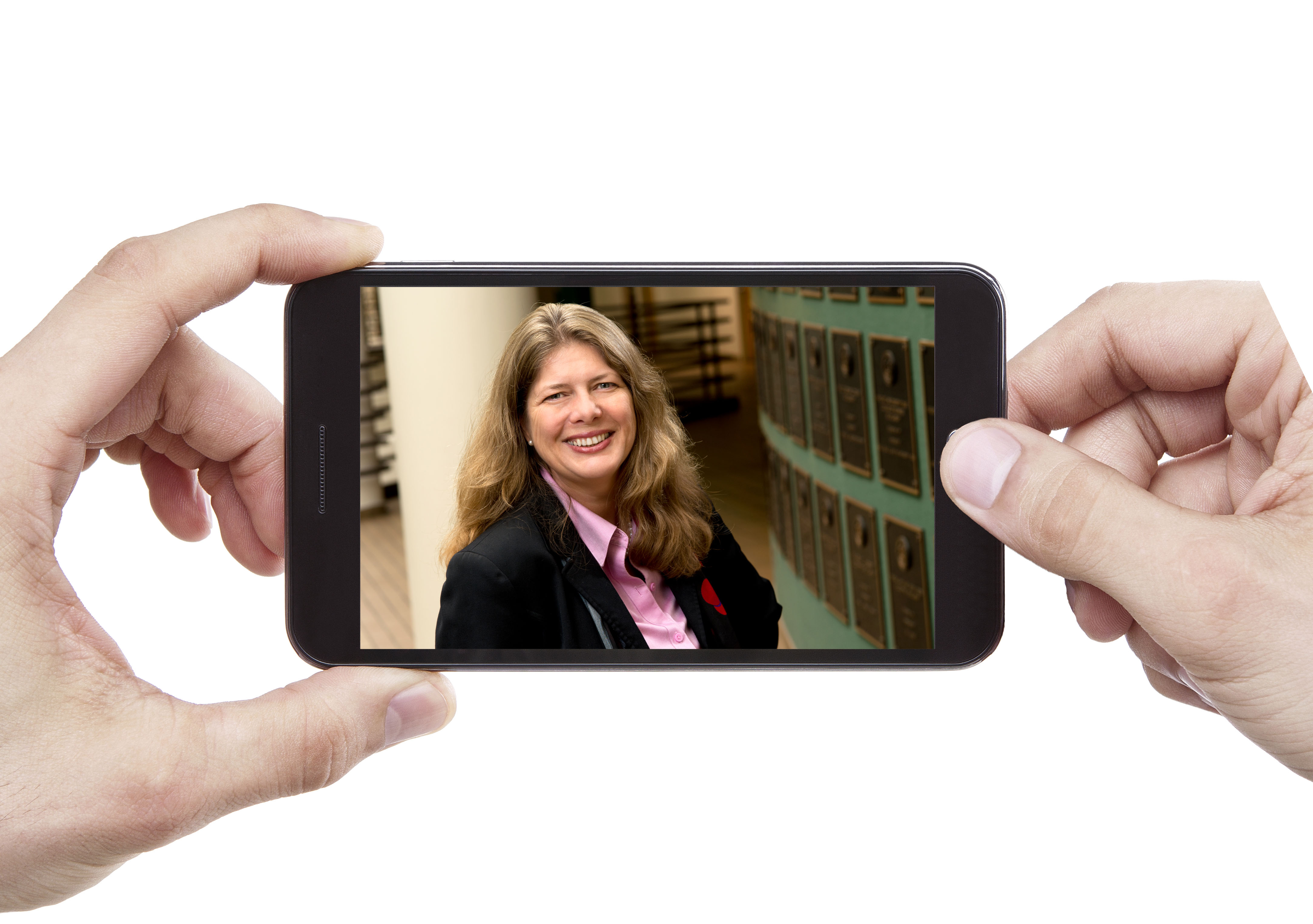Pamplin researcher is developing online tools to help users adopt better privacy practices

Research shows a growing concern for online privacy, but Internet users give up personal information every day in exchange for the convenience and functionality of a variety of online services.
“We call it the privacy paradox,” says France Belanger, professor of accounting and information systems in the Pamplin College of Business. “We want to protect ourselves, but we want the goodies.”
Such goodies might include product notifications from retailers and location-based services.
Belanger has been researching ways to understand and improve individuals’ information privacy practices for nearly a decade.
Online privacy is distinct from online security, which encompasses efforts to mitigate the theft of personal information, she explains. Most violations of online privacy are not illegal but rather the results of tacit consumer consent.
“Businesses have self-regulated through privacy policies, but they also see the immense value of information and tend to collect as much data as possible,” Belanger says. “We click the button and accept without actually reading. We are willingly giving away a whole lot of data about ourselves.”
According to the Pew Research Center, less than 3 percent of individuals actively safeguard their privacy online. “Users are either unaware, unable, or unwilling to take the time required to protect their privacy,” she notes. “They also see benefits to giving away information.”
With these obstacles in mind, Belanger and Robert Crossler, an assistant professor of information systems at Mississippi State University who earned a Ph.D. from Virginia Tech, are designing privacy tools that emphasize usability, convenience, and personalization.
The pair’s most recent project is the Privacy Helper mobile app, which teaches users about the features on their phones that can affect privacy. The key to Privacy Helper is its flexibility in giving users better control over how they share personal information, says Belanger.
Belanger and Crossler will make Privacy Helper available to the public after they complete usability testing. She and Crossler were recently awarded a Design Science Award from the Institute for Operations Research and Management Sciences Information Systems Society. The society created a new award category in recognition of their significant body of privacy research.
Belanger is partnering with the Center for Gerontology at Virginia Tech to develop privacy education programs specifically for older adults and hopes to train children on Privacy Helper as well.
Read more about Privacy Helper and online privacy in the fall edition of Virginia Tech Business, the magazine of the Pamplin College of Business.




